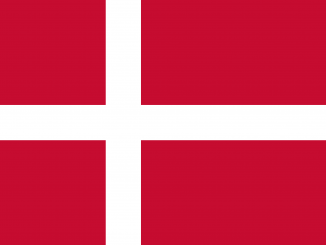 (Reuters) Migrant arrivals to Italy have almost dried up, new asylum requests across the European Union have more than halved in three years and at the end of 2018, Hungary’s reception centers housed just three refugees.
(Reuters) Migrant arrivals to Italy have almost dried up, new asylum requests across the European Union have more than halved in three years and at the end of 2018, Hungary’s reception centers housed just three refugees.
On the face of it, Europe’s migrant crisis appears over, but the shockwaves still resound around the continent ahead of this month’s European Parliament election, and nationalist politicians are looking to capitalize on the continued tumult.
“The most important thing is that leaders are elected who oppose immigration so that Europe will be in a position to defend itself,” Hungarian Prime Minister Viktor Orban said on the sidelines of an EU summit in Romania last week.
Opponents accuse far-right and populist parties of grossly exaggerating the problem, but the issue still resonates, with a YouGov poll published on Monday showing that immigration was currently the voters’ top concern, followed by climate change.


